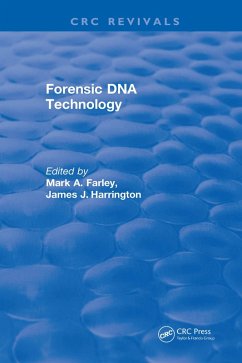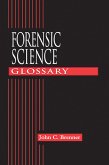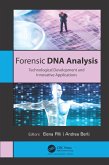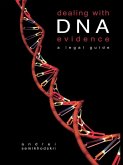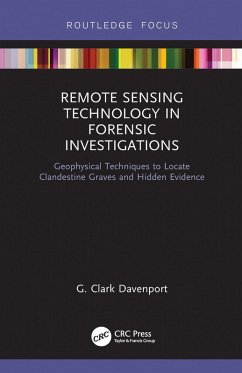Forensic DNA Technology examines the legal and scientific issues relating to the implementation of DNA print technology in both the crime laboratory and the courtroom. Chapters have been written by many of the country's leading experts and trace the underlying theory and historical development of this technology, as well as the methodology utilized in the Restriction Fragment Length Polymorphism (RFLP) and Polymerase Chain Reaction (PCR) techniques. The effect of environmental contaminants on the evidence and the statistical analysis of population genetics data as it relates to the potential of this technology for individualizing the donor of the questioned sample are also addressed. Other topics include the proposed guidelines for using this technology in the crime laboratory, the perspective of the prosecution and the defense, the legal standards for determining the admissibility and weight of such evidence at trial. Finally, the issues of validation and the standards for interpretation of autoradiograms are brought into focus in a detailed study of actual case work. Forensic scientists, prosecuting attorneys, defense attorneys, libraries, and all scientists working with DNA technology should consider this a "must have" book.
Dieser Download kann aus rechtlichen Gründen nur mit Rechnungsadresse in A, B, BG, CY, CZ, D, DK, EW, E, FIN, F, GR, HR, H, IRL, I, LT, L, LR, M, NL, PL, P, R, S, SLO, SK ausgeliefert werden.

